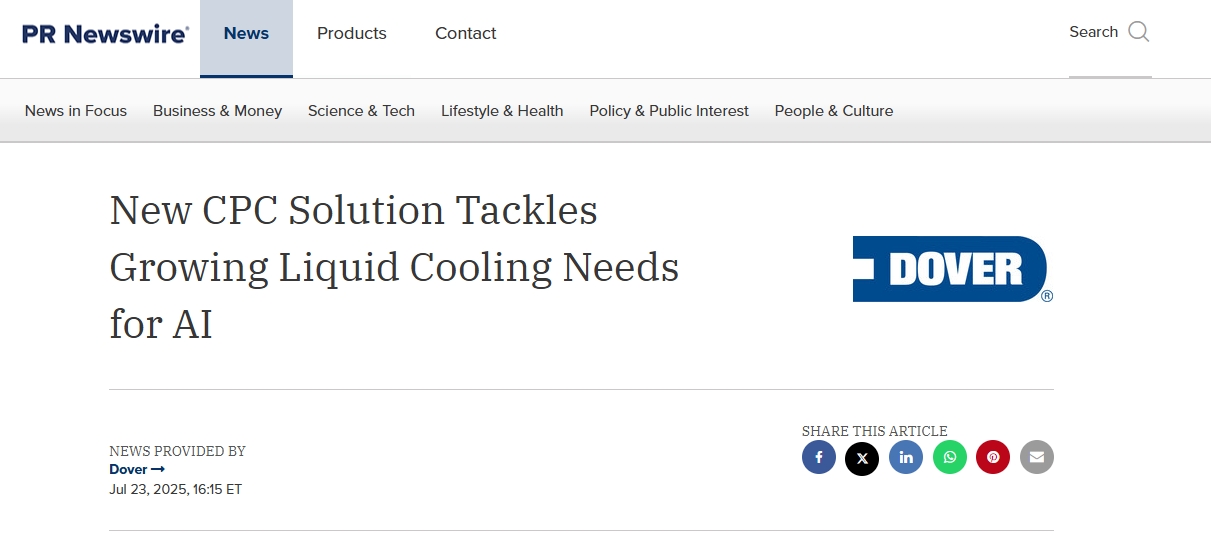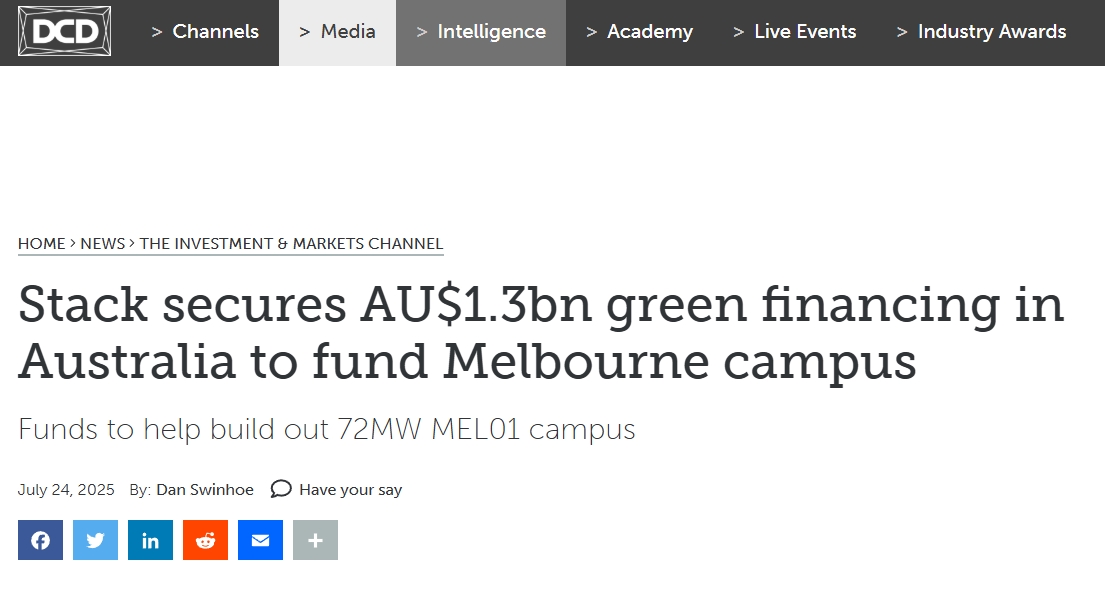PALO ALTO, Calif. -- Microsoft will invest $2.9 billion in data centers in Japan by 2025, its biggest investment in the country, President Brad Smith told Nikkei in an exclusive interview, in response to Tokyo's push for more computing power for artificial intelligence.
The U.S. tech group will announce its investment plans in the coming hours, at a time when the Japanese Prime Minister Fumio Kishida is visiting Washington.
Smith said the adoption of AI, and investments in domestic capability, has become "a critical national priority for governments around the world."
Tokyo is introducing measures to add more AI computing power in the country, amid concerns about domestic data being transferred and stored in overseas data centers.
Microsoft will install advanced AI semiconductors at two existing sites in eastern and western Japan. Microsoft is the No. 2 provider of cloud services in the world, behind Amazon Web Services (AWS).
The company also plans to announce an AI-related reskilling program in Japan to train 3 million workers over three years, and to set up a new lab in Tokyo for research and development on robotics and AI.
"The competitiveness of every part of the Japanese economy ... will depend on the adoption of AI," Smith said, adding that AI is essential to "sustain productivity growth, even when a country has a declining population."
The new lab will be set up by Microsoft Research Asia, which will provide 1.5 billion yen ($9.9 million) to both the University of Tokyo and a partnership between Keio University and Carnegie Mellon University to fund research projects over the next five years.
Smith said that infusing AI into robotic development "gives Japan the opportunity to build on its technological strengths in many other areas," revealing a plan to conduct joint research with universities on automation technology.
Microsoft will also partner with the Japanese government to strengthen cybersecurity resilience.
Smith said, "The threat landscape for cybersecurity has become more challenging ... We're seeing that from China and from Russia in particular, but we're also seeing growing ransomware activity around the world." He pointed out that "a close partnership between leading tech companies and the government" is one of the keys for protecting cyberspace.
Microsoft-backed OpenAI released its AI chatbot ChatGPT in 2022, which touched off a global frenzy on generative AI. There has been a growing demand for large language models, a foundational technology for services such as ChatGPT, on cloud platforms.
Governments are increasingly claiming "data sovereignty," which implies that a country's data should be managed domestically, amid security and privacy concerns.
Tokyo has restricted the transfer of personal data to overseas data centers, which led to cloud platforms like AWS and Google announcing bigger investments in data centers in Japan.
While the U.S. has taken the lead in developing generative AI, other countries are trying to catch up with their own domestic versions of the technology. Japan's Ministry of Economy, Trade, and Industry has launched a program to support domestic development. France's Mistral AI, founded by former employees of Facebook parent Meta, has grown rapidly, while the United Arab Emirates is developing its own AI.
Recently, the European Parliament has passed a law regulating the use of AI and tightening its grip on the big tech groups.
Smith said that "Japan has played an important leadership role," including in "helping to connect the U.S. and the U.K., Canada, and the EU all together." He voiced hopes to the Japanese government, which led the Hiroshima AI Process at the Group of Seven summit in 2023, that it would coordinate the efforts of these economies to develop AI rules.
"From our vantage point, this kind of investment ... fits very closely with what we see in terms of the role of the government itself," he said.







